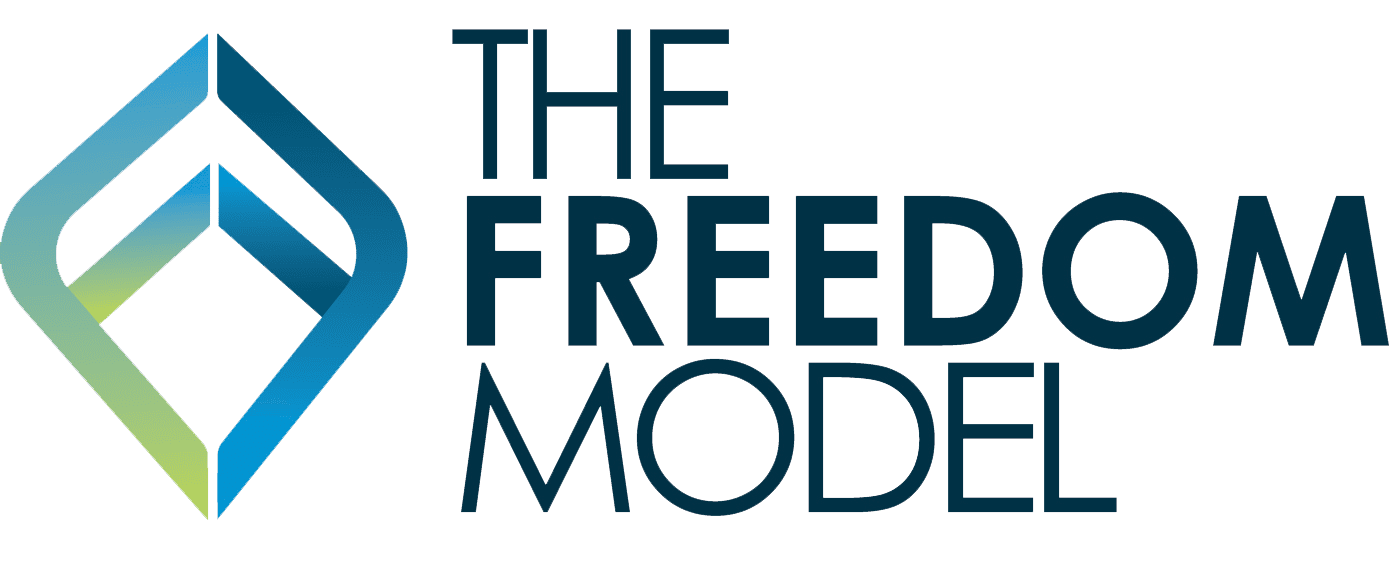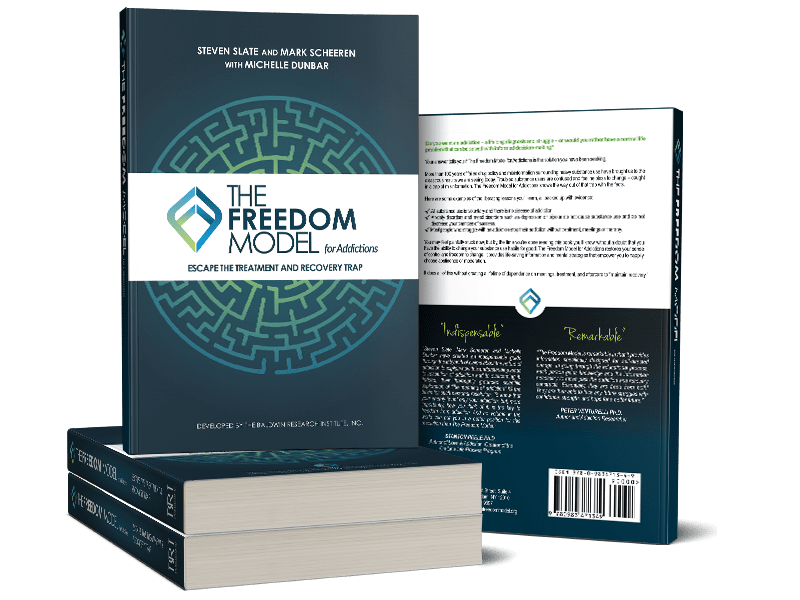You Asked, We Answered
Addiction Questions
Is heroin more addictive than other drugs? I lost my son to an overdose last year and I’m really trying to understand what happened and why. Please help – your site seems the only place that isn’t telling me he was a hopeless addict and this is new to me because everything I heard before and after his passing was that he was a hopeless addict.
First, we are sorry for your loss. The loss of a loved one is incredibly sad and difficult. On the other hand, we are impressed with your courage to ask questions to understand the issue more thoroughly and seek the truth.
In short, no, heroin is not more addictive than other drugs, but not because of its pharmacology, but rather because the idea that drugs “contain addictiveness” is a myth. All things can be addictive, not because of what they contain, but because a person likes and prefers that substance, activity, or object, etc. more than he likes other things, ideas, activities, etc. By discussing moderate heroin use (a topic seen as heresy in the treatment world), the myth of “addictiveness” is forced into being addressed. The Freedom Model for Addictions is one of the only places where you will see this topic addressed, and in doing so, you will learn that your son preferred use and chose to use the way he did for personal reasons. He wasn’t forced by pharmacology to use heroin. Take a look at the following excerpt to get a feel for this distinction:
“Moderate heroin use is possible and it happens. Sustained heroin use without significant health, employment, legal, and social problems is possible, and it happens. Contrary to popular belief, these patterns of use are not just a temporary phase on an inevitable path to heroin “addiction”. Just as with alcohol, some people are occasional and/or moderate users. This information flies in the face of the very notion that any substances are inherently “addictive”.
Many people will be shocked and appalled that we offer this chapter. They think it’s dangerous for us to give out this information and that it’s an endorsement of heroin use. They’ll say “It’s just safer to stay away from heroin altogether, so why would you tell people they can do it?” It’s important that you understand that to say that “anyone can” isn’t the same as saying that “anyone should.” It’s simply stating a fact. And it’s a fact that is important to know. There is no quality of “addictiveness” in drugs that is stronger in some drugs than in others – this includes heroin. So as much as people can use caffeine, marijuana, or alcohol “non-addictively”, they can also use methamphetamine, cocaine, or heroin “non-addictively.” The inverse is also true – all the less “hard” drugs can be used “addictively” because there is no quality of addictiveness; people don’t get addicted to drugs, they choose to use them for reasons held in their own minds. The stronger a person’s reasons supporting the substance use are, the more extreme their usage becomes. This holds for drugs, regardless of their pharmacology, and it holds true for activities where no substance whatsoever is ingested – such as sex, gambling, shopping, comic book collecting, fishing, cycling, running, et cetera. People don’t want to face these facts. They think it’s just safer to uphold the myth of addictiveness because drugs like heroin carry a danger of overdose that is greater than other drugs. So in their minds, anything that scares people away from it is good, and any fact that does away with the anti-heroin hysteria should be kept a secret.
Frankly, those people who believe that information like this should be kept from people are part of the problem. They actively spread misinformation, most of them ignorantly, some of them knowingly, to scare people away from all substance use. This tactic doesn’t work because heroin users, and even those considering trying it for the first time, are usually already aware of the dangers, but more importantly, spreading the idea that heroin is so addictive that moderate use is impossible is also counterproductive. Believing this myth leads people to think change is impossible. It engenders self-doubt and leads people to feel controlled by substances. It leads people to give undeserved significance to a single usage of heroin or other opiates even for medical reasons. It bolsters the idea that drugs possess a power of “addictiveness” and distracts people from the important fact that they are actively making their own choices and are fully capable of making different choices.”
To be clear, we aren’t recommending any heroin use. We’re remaining neutral on whether anyone should use substances because that choice is up to the person making it, and more importantly, changes in this choice can happen only in the mind of the person making them. It is imperative that you understand that we (the authors and this book) are not responsible for anyone’s choices nor are we implying that his or her choices are in our hands in any way. It is imperative that the troubled users understand the choice is fully theirs, especially if their goal is to choose differently than they have in the past.
Clearly, it is safer to stay away from heroin altogether. You’re far less likely to suffer a heroin overdose, be arrested for heroin-related charges, fall prey to the dangers of the black market, or suffer the judgment that often comes with heroin use if you don’t actively choose to use it. These risks are abundantly clear, and we mention them only in the extremely unlikely chance that some readers may not know of them. However, risks are a normal part of life, and some people will see these risks as tolerable given the benefits they think they get from heroin use. These are judgments for each person to make for him- or herself. Our goal is simply to arm everyone with the most accurate information possible, specifically debunking the recovery society myths that substances are inherently “addictive” and that heroin and opiate/opioid use inevitably leads to uncontrollable use.
The legendary status of heroin as the “most addictive drug” props up the idea that other drugs have various levels of addictiveness. Thus, regardless of what substances a person uses, it infects everyone who believes it with the self-defeating notion that it’s possible to “lose control” over substance use. Everyone is always in full control over his or her own substance use, and everyone can change his or her levels of substance use, even heroin users. If you can see through the legend of heroin, then you can see through the idea that anything is inherently addictive. You can then fully return your substance use choices to the realm of free choices. That is our educational goal with this chapter.


So … I can refer to my daughter who is presently court ordered to be in a 6 month (cult) Rehab Facility as a heroin ‘User’, & NOT a Heroin ‘Addict’?? ☺️????
Linnie, while the consequences of getting high on heroin are quite high in some cases, that does not mean your daughter is out of control or is powerless. So, while i get your tongue-in-cheek comment, the answer is yes, yes you can say she is a user and not an addict. An addict implies she cannot control herself. In fact, people use heroin for personal reasons because they fundamentally value the experience at some personal level. While the costs may be difficult and in some cases tragic, there are trade offs for all choices we make. As a user, she can always stop or moderate her use. As an “addict” stopping or moderating become nearly impossible. I’d rather move forward knowing your daughter can in fact move on from this because she is not an addict, but rather is an individual with a heavy preference for use. And preferences CAN CHANGE.